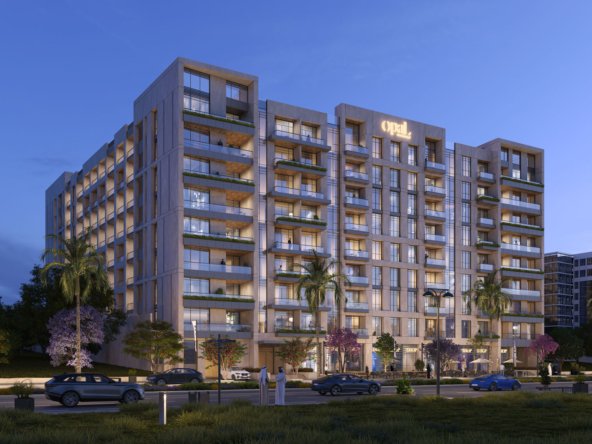
Understanding Oman’s Freehold and Leasehold Property Laws for Foreign Investors
Oman offers exciting opportunities for foreign investors looking to buy property, but understanding the country’s property ownership laws is essential before making a purchase. Unlike some neighboring Gulf countries, Oman allows foreigners to own freehold properties in designated areas, making it an attractive destination for real estate investment. In this article, we will break down the key differences between freehold and leasehold ownership, the best locations for foreign buyers, and the legal requirements for property ownership in Oman.
1. Freehold vs. Leasehold Ownership: What’s the Difference?
Oman’s property laws offer two main types of ownership structures:
✅ Freehold Ownership
- Allows the buyer to own the property and the land permanently.
- Foreigners can only purchase freehold properties in designated Integrated Tourism Complexes (ITCs) such as Al Mouj Muscat, Muscat Hills, and Jebel Sifah.
- Owners of freehold properties are eligible to apply for a residency visa in Oman.
✅ Leasehold Ownership
- Grants the right to use and live in the property for a fixed period (usually 50–99 years).
- Available in non-ITC areas, often for business purposes or expatriates who want to lease long-term.
- After the lease period expires, ownership returns to the original landlord (usually the government or a private developer).
2. Where Can Foreigners Buy Freehold Property in Oman?
Foreigners looking for freehold ownership can only purchase properties in government-approved Integrated Tourism Complexes (ITCs). These areas are designed to attract international investors and offer luxury residential and commercial properties.
🏡 Popular ITC Developments for Foreign Buyers:
- Al Mouj Muscat – A high-end waterfront community with villas, apartments, and a marina.
- Muscat Hills – A prime location near the airport with golf course villas and apartments.
- Jebel Sifah – A beachfront development offering modern properties with scenic views.
- Hawana Salalah – A resort-style community in Salalah, perfect for vacation homes.
Buying property in these ITCs grants full ownership rights and may qualify the investor for a long-term residency visa.
3. Legal Requirements for Foreigners Buying Property in Oman
Before purchasing real estate in Oman, foreign buyers must meet specific legal requirements to ensure a smooth transaction.
📌 Key Requirements:
- The buyer must be a foreign national or company registered for property investment.
- The property must be located in an approved ITC development (for freehold ownership).
- A valid passport and residence visa (if applicable) are required for purchase registration.
- Buyers must sign a sale contract with the developer or seller and register the property with Oman’s Ministry of Housing and Urban Planning.
- Payment must be made through legal banking channels, and taxes or transfer fees may apply.
4. Can Foreign Investors Get Residency by Buying Property?
Yes! One of the biggest advantages of buying property in Oman is the residency visa option for investors.
🏠 Residency Options for Property Investors:
- Foreigners who purchase high-value properties in ITC areas can apply for a 5-year or 10-year renewable residency visa.
- Residency is granted to the buyer and their immediate family members.
- The visa remains valid as long as the investor owns the property.
This visa program makes Oman one of the most accessible real estate markets in the GCC for foreign buyers looking for long-term stays.
5. Future Outlook: Is It a Good Time to Invest?
Oman’s real estate market is growing steadily, with increasing demand for residential and commercial properties. The government continues to promote foreign investment by expanding ITC projects and residency incentives.
📈 Why Now is a Good Time to Invest in Omani Real Estate:
- Affordable property prices compared to the UAE and Saudi Arabia.
- High rental demand due to the country’s growing expatriate and tourism population.
- Improving infrastructure and large-scale development projects in major cities.
- Government support for foreign investors, including easier residency policies.
For investors looking for stable, long-term growth, Oman remains a top real estate destination in the Middle East.
Conclusion
Understanding Oman’s freehold and leasehold property laws is essential for any foreign investor considering buying real estate in the country. With secure ownership rights, attractive pricing, and residency incentives, Oman presents an excellent opportunity for international buyers.
If you’re planning to invest in Oman’s real estate market, make sure to choose the right ownership type, location, and legal process to maximize your investment.
Would you like assistance finding the best property investment opportunities in Oman? Contact our experts at KVLand.com for professional guidance.










